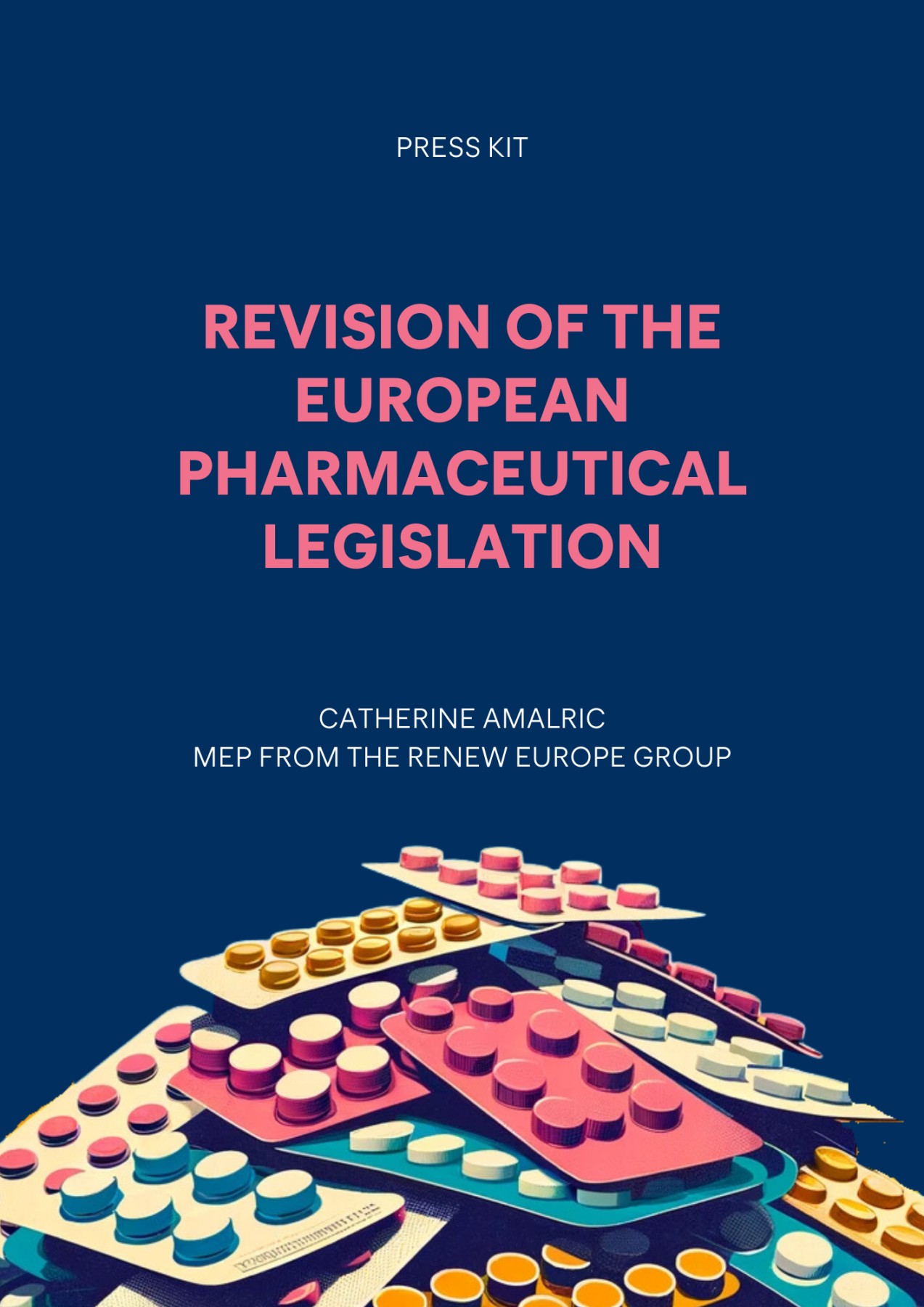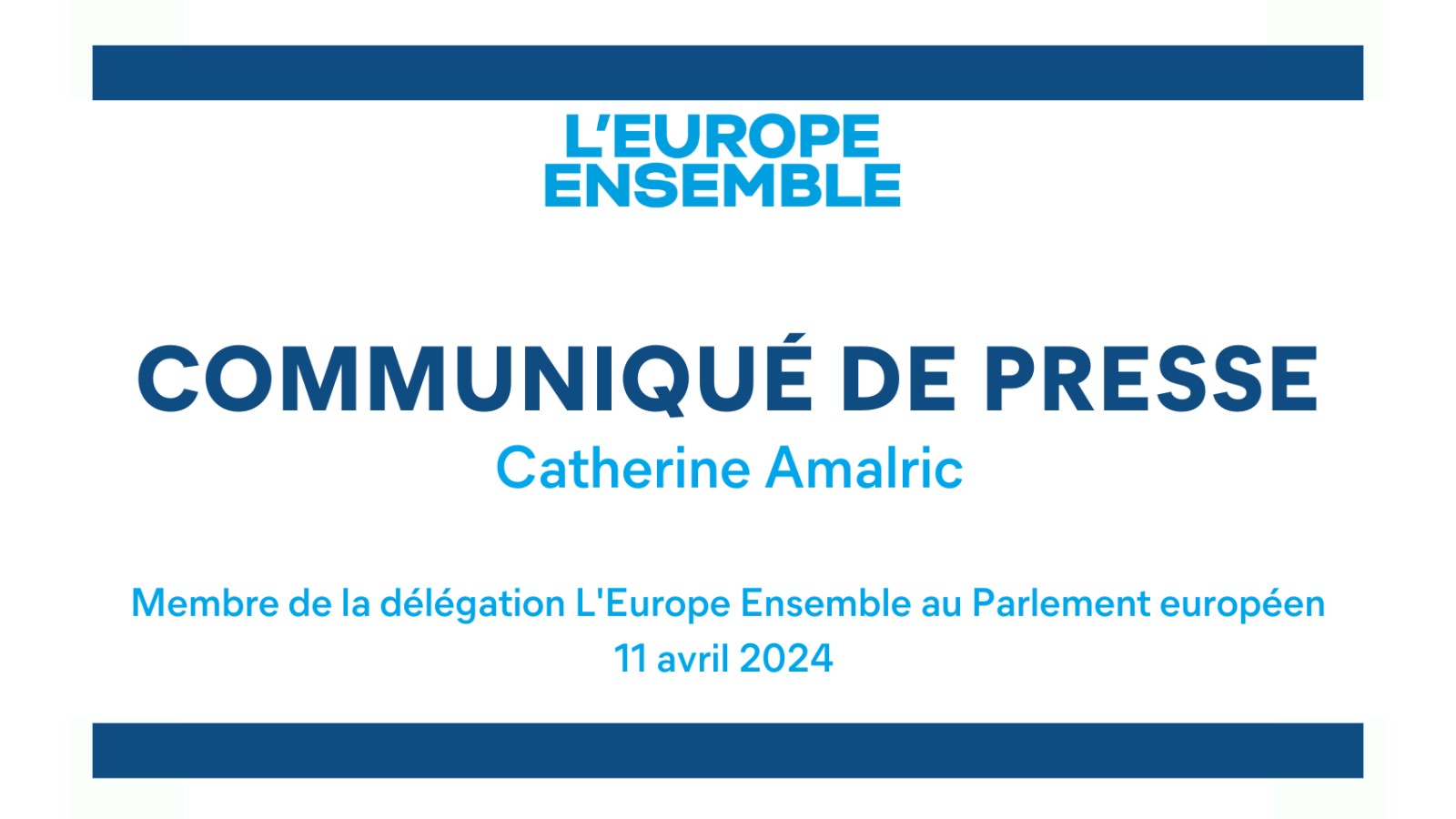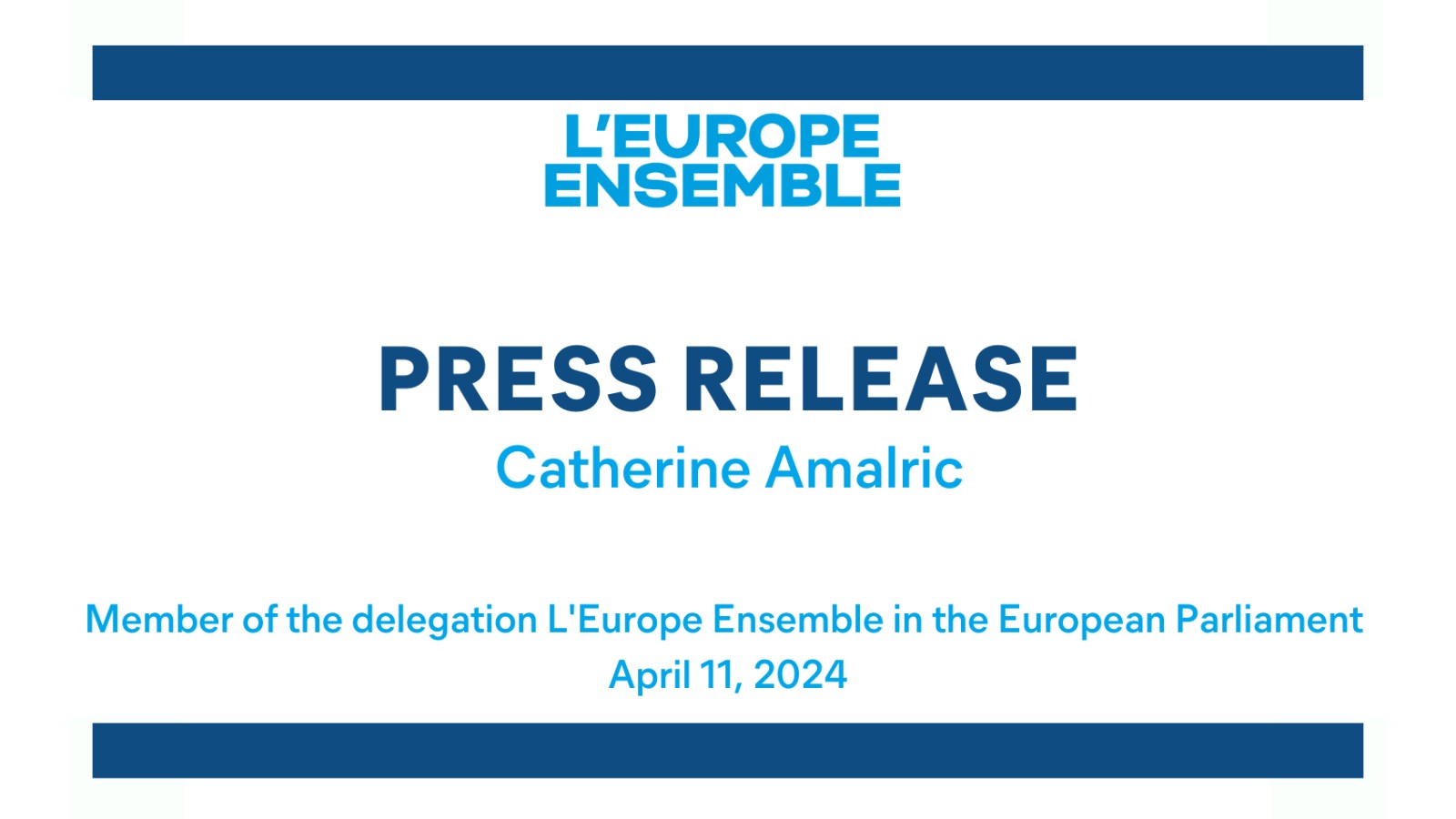During plenary session in Brussels on 10 April, MEPs adopted by a large majority the two reports revising the European pharmaceutical legislation. This pharmaceutical package, consisting of a directive and a regulation, was presented by the European Commission on 26 April 2023, with the aim of making the legislation more flexible and better adapted to the needs of citizens and companies throughout the European Union. It is the biggest reform in this area for over 20 years.
After months of negotiations, the two teams of rapporteurs agreed on ambitious texts, which will then be defended during the trialogues. Catherine Amalric, rapporteur for Renew Europe on the medicinal products directive, and a hospital pharmacist, was able to draw on her professional experience to play a key role.
Today, the European Parliament endorsed an ambitious position to:
- Prevent and fight medicine shortages by promoting a Critical Medicines Act, introducing new measures to prevent and mitigate shortages, and increasing the use of hospital exemptions;
- Relocate production in Europe and overcome our critical dependence on third countries, by keeping the duration of intellectual property protection close to the current level (7.5 years as opposed to 8 years today) and introducing new incentives to extend intellectual property from 6 to 12 months (for the development of a new active substance, for example);
- Tackle antimicrobial resistance effectively, in particular by promoting the dispensing of antibiotics in the correct quantity for the duration of the treatment, using pre-cut blister packs, which would also make it possible to reduce the waste of unused medicines, or by introducing compulsory prescribing for antimicrobials for which the risk of antimicrobial resistance has been identified;
- Improve the safety of medicines, by enabling informal carers to report side effects, consolidating the responsibility of dispensing pharmacists and hospitals for dispensing and providing information on medicines, and promoting a gradual transition to electronic package leaflets to enable information to be updated in real time.
"The adoption of the pharmaceutical package is a major victory for European health. It will enable all Europeans to have access to fairer, safer and more sustainable medicines, while allowing the relocation of medicine production in Europe and encouraging research and innovation", says Catherine Amalric, Renew Europe Group rapporteur on the Medicinal products Directive.





